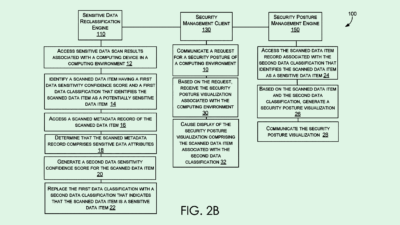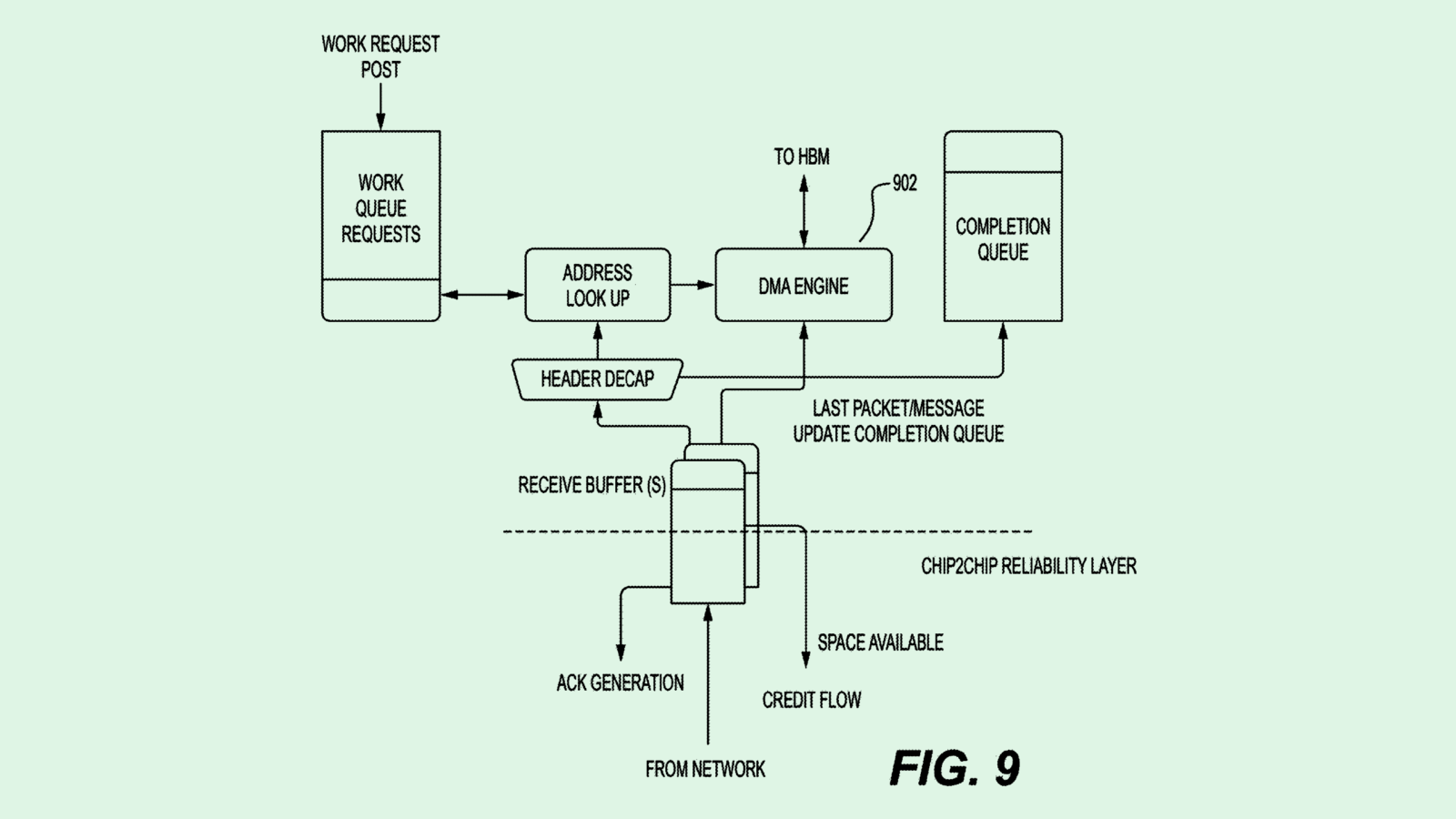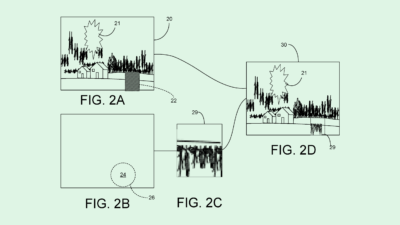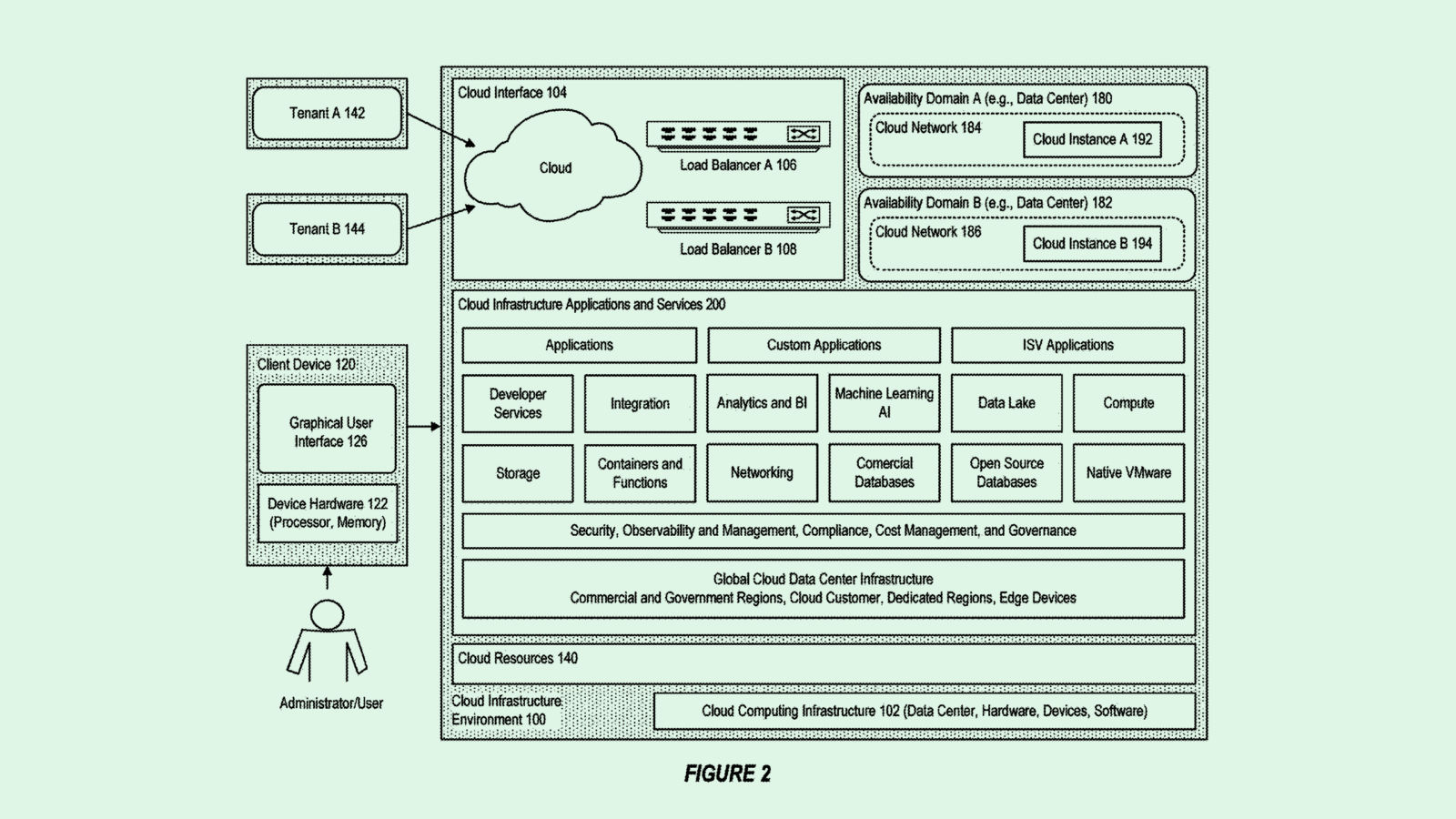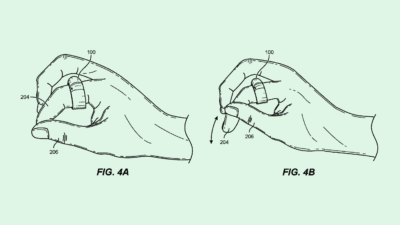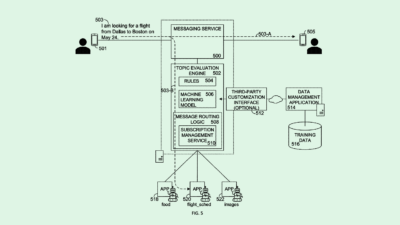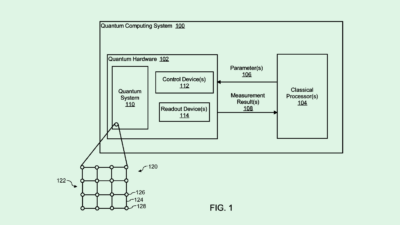Amazon Gets into Gaming (plus more from Nvidia & Zynga)
Gamer-audience interaction, trajectory projection, and in-game economic management.
Sign up to uncover the latest in emerging technology.
gamer-audience interaction, trajectory projection, and in-game economic management
1. Amazon – video game player, spectator & audience interaction
So this is a super interesting patent application coming out of Twitch.
When people stream themselves playing a game, Amazon want to make the video game characters face resemble that of the gamer through live video. In turn, when the audience is watching the stream, they’ll be able to easily see which character is controlled by which player, as well as seeing the real-time emotional expressions of the player embedded into the video game character.
Why is this interesting?
Firstly, when you’re currently watching live game streams, the live video of the players is separate to the actual gameplay taking place. So a spectator’s attention flickers between what’s happening in the game, and how the players are actually reacting to it. Bringing this together in one space makes this a more cohesive spectator experience.
Secondly, and more interestingly, there’s something interesting about video game characters embodying their players. As we move deeper into the ‘metaverse’ (whatever that means), the idea that our avatars will begin to reflect our facial expressions in real-time, makes for richer interactions in the digital world.
2. Nvidia – future trajectory predictions of agents autonomous cars
In order for autonomous vehicles to navigate the streets safely, they need to be able to understand the surrounding environment well. This involves detecting pedestrians, vehicles, traffic signs, signals, roadworks and more.
In this filing, Nvidia build on this by looking to enable autonomous vehicles to make predictions on the future trajectories of these objects over time. More specifically, rather than simply looking at the historical data on a map to predict agents’ movements, Nvidia want the vehicles to track surrounding objects as it’s moving through the streets, and then make predictions on-the-fly, based on this real-time data.
This technology can extend far beyond just autonomous cars on the road. Nvidia mention that the technology could be used for robots, boats, emergency vehicles, aircraft, construction vehicles, drones and more.
One interesting tidbit from this filing is Nvidia baking in a ‘reptile brain’ into its AI, so that the vehicle avoids a collision with any object (moving or stationary), overriding any traffic laws or courteous behaviours on the road.
3. Zynga – managing game economies
This is a pretty interesting filing application from Zynga – the mobile gaming company.
Given the intense competition when it comes to mobile games, retention is a big issue. Only a very small percentage of users acquired will buy in-app goods and users are only likely to do that once they’ve invested enough in a game.
A big part of building game-mechanics that get people hooked is making them feel like they’re making progress. One way that Zynga does this is by awarding users a virtual currency as they go through the levels. With these coins, users can often acquire new characters, new levels, new skills etc.
One of the concerns with these mechanisms is that it creates inflation in these in-game currencies. In turn, there’s the risk of players getting bored if it becomes easier and easier to acquire certain features as you progress through a game.
So what Zynga is looking at is automatically adjusting the prices of in-game features as you progress through the levels, so that a user’s purchasing power remains the same, as they advance through the game. This is particularly important for multiplayer game scenarios where having too much currency relative to another player skews the fairness of the interaction.
As we charge ahead to build new metaverse hangouts, it’s going to be fascinating seeing the economic systems we develop to ensure fairness, fun and challenge. Maybe as the current generation of gamers become politicians, they’ll have enough experience of economic management to help build good systems in the real world.



